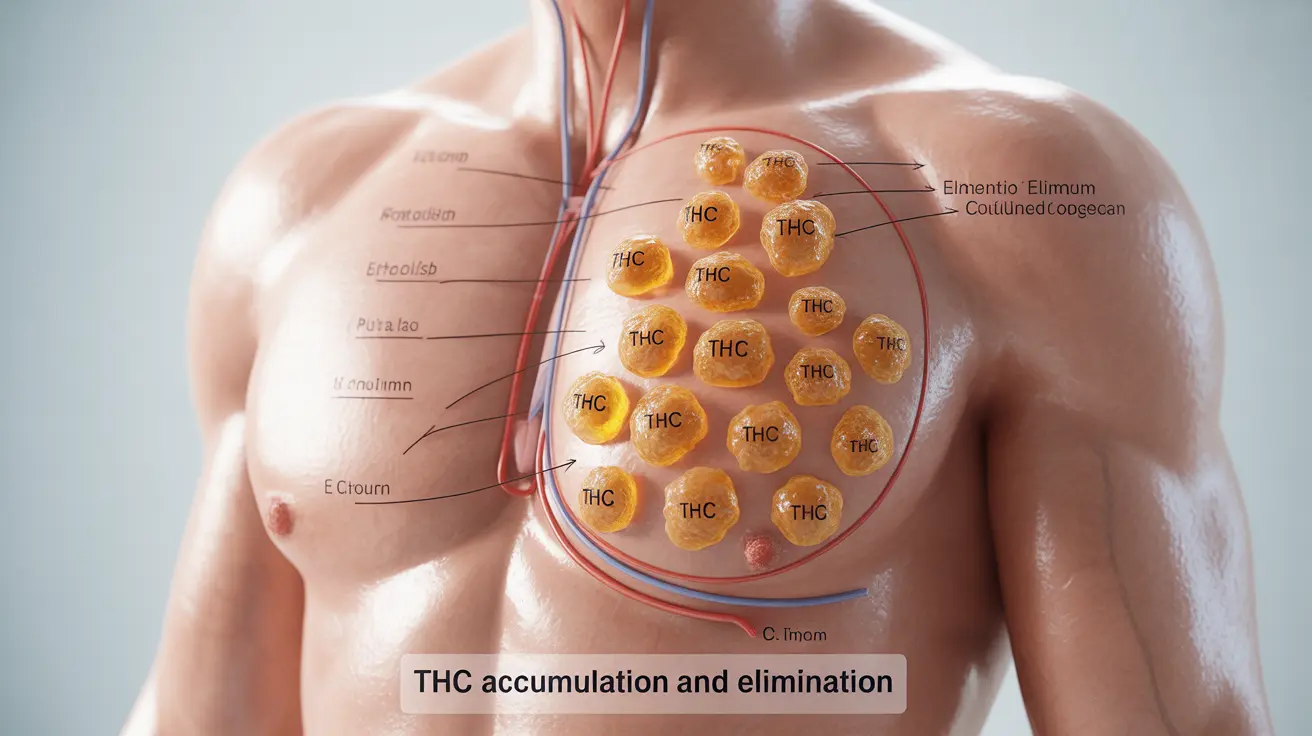Understanding how long marijuana remains detectable in your system after quitting is crucial for both health and practical reasons. Whether you're facing a drug test or simply want to understand how your body processes cannabis, the timeline can vary significantly between individuals and depends on multiple factors.
This comprehensive guide explores the detection windows for marijuana, factors affecting THC retention, and what you need to know about different drug testing methods.
Detection Windows for Different Types of Users
Occasional Users
For infrequent cannabis users (those who consume once or twice a month), THC typically remains detectable for shorter periods:
- Urine: 3-7 days
- Blood: 1-2 days
- Saliva: 24-48 hours
- Hair: Up to 90 days
Regular and Heavy Users
Frequent or daily cannabis users face longer detection windows due to THC accumulation in fat cells:
- Urine: 30-90 days
- Blood: 7-14 days
- Saliva: Up to 72 hours
- Hair: Up to 90 days or longer
Key Factors Affecting THC Retention
Several variables influence how long cannabis remains detectable in your system:
Metabolism and Body Composition
Individual metabolic rates and body fat percentage significantly impact THC retention. Since THC is fat-soluble, people with higher body fat percentages may retain THC compounds longer.
Usage Patterns
The frequency and amount of cannabis consumption directly affect detection times. Heavy users build up higher THC concentrations in their bodies, leading to longer detection windows.
Method of Consumption
Different consumption methods can affect how THC is processed:
- Smoking or vaping: Faster initial processing
- Edibles: Longer processing time due to digestive absorption
- Concentrates: May lead to higher THC accumulation
Understanding Drug Testing Methods
Urine Testing
The most common drug screening method, urine tests detect THC-COOH, a metabolite produced when your body processes THC. This method typically has the longest detection window for regular testing.
Blood Testing
Blood tests detect active THC and are most effective for identifying recent use. They're less common but may be used in medical or legal situations.
Saliva Testing
Oral fluid tests have the shortest detection window and are becoming more popular for roadside testing. They primarily indicate very recent use.
Hair Testing
Hair follicle tests can detect THC metabolites for the longest period, typically up to 90 days, regardless of usage frequency. However, they're also the most expensive testing method.
Factors That May Speed Up THC Elimination
While there's no guaranteed way to accelerate THC elimination, certain factors may help:
- Staying hydrated
- Regular exercise (though avoid exercise 24 hours before a drug test)
- Maintaining a healthy diet
- Getting adequate sleep
Frequently Asked Questions
How long does weed stay in your system after quitting for occasional versus heavy users?
Occasional users typically clear THC within 3-7 days, while heavy users may test positive for 30-90 days or longer, depending on the test type and individual factors.
What factors influence how long THC remains detectable in the body after stopping weed?
Key factors include metabolism, body fat percentage, frequency of use, potency of the cannabis, method of consumption, and overall health status.
How long can different drug tests (urine, blood, saliva, hair) detect marijuana after quitting?
Detection windows vary by test type: urine (3-90 days), blood (1-14 days), saliva (24-72 hours), and hair (up to 90 days). These timeframes depend on usage patterns and individual factors.
Can drinking water or exercising speed up the elimination of weed from your system?
While staying hydrated and exercising may support natural elimination processes, there's no proven way to significantly accelerate THC removal. These activities support overall health but won't dramatically shorten detection times.
Why do heavy or chronic marijuana users test positive for THC longer than occasional users?
Heavy users accumulate more THC in their fat cells over time, leading to a longer elimination process. Regular use also slows down the body's natural clearing mechanisms, resulting in extended detection windows.




